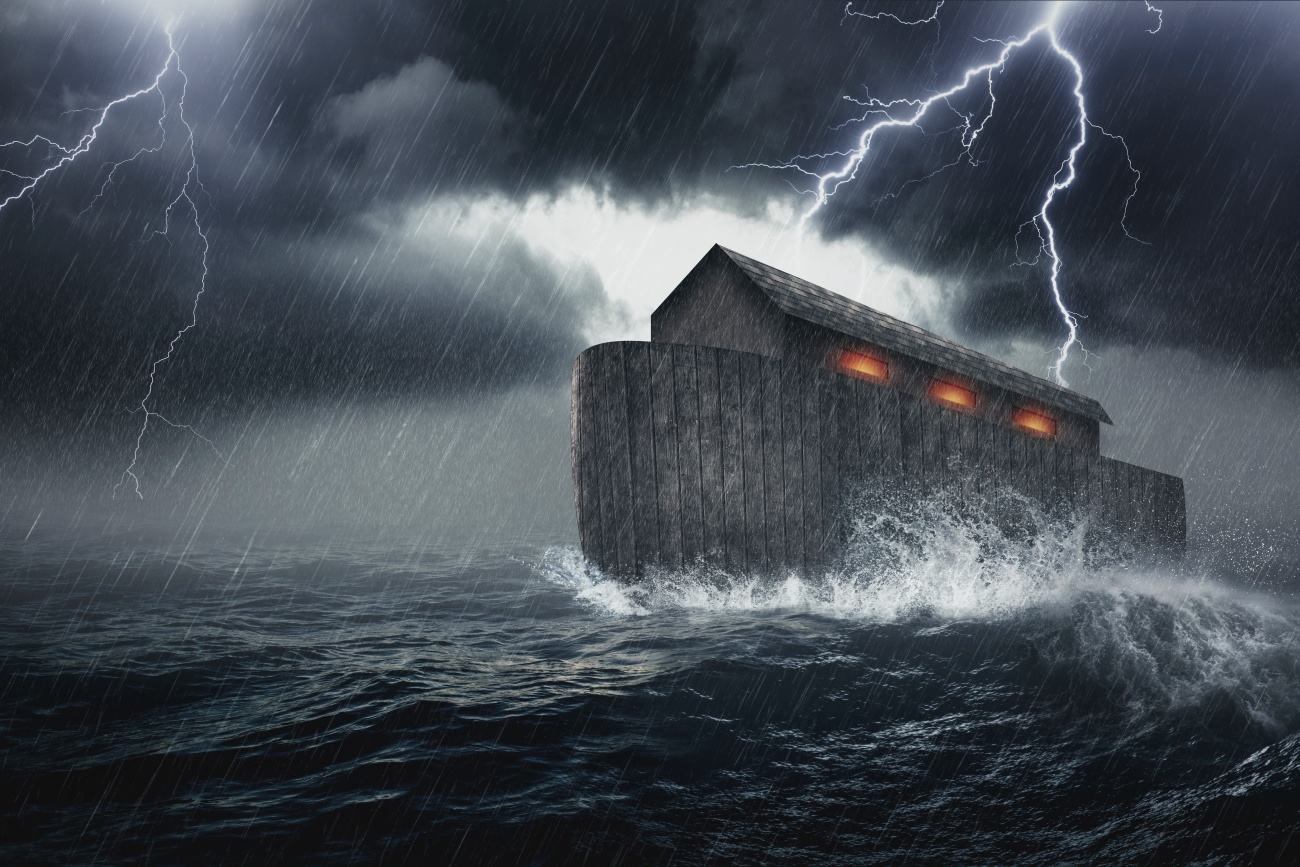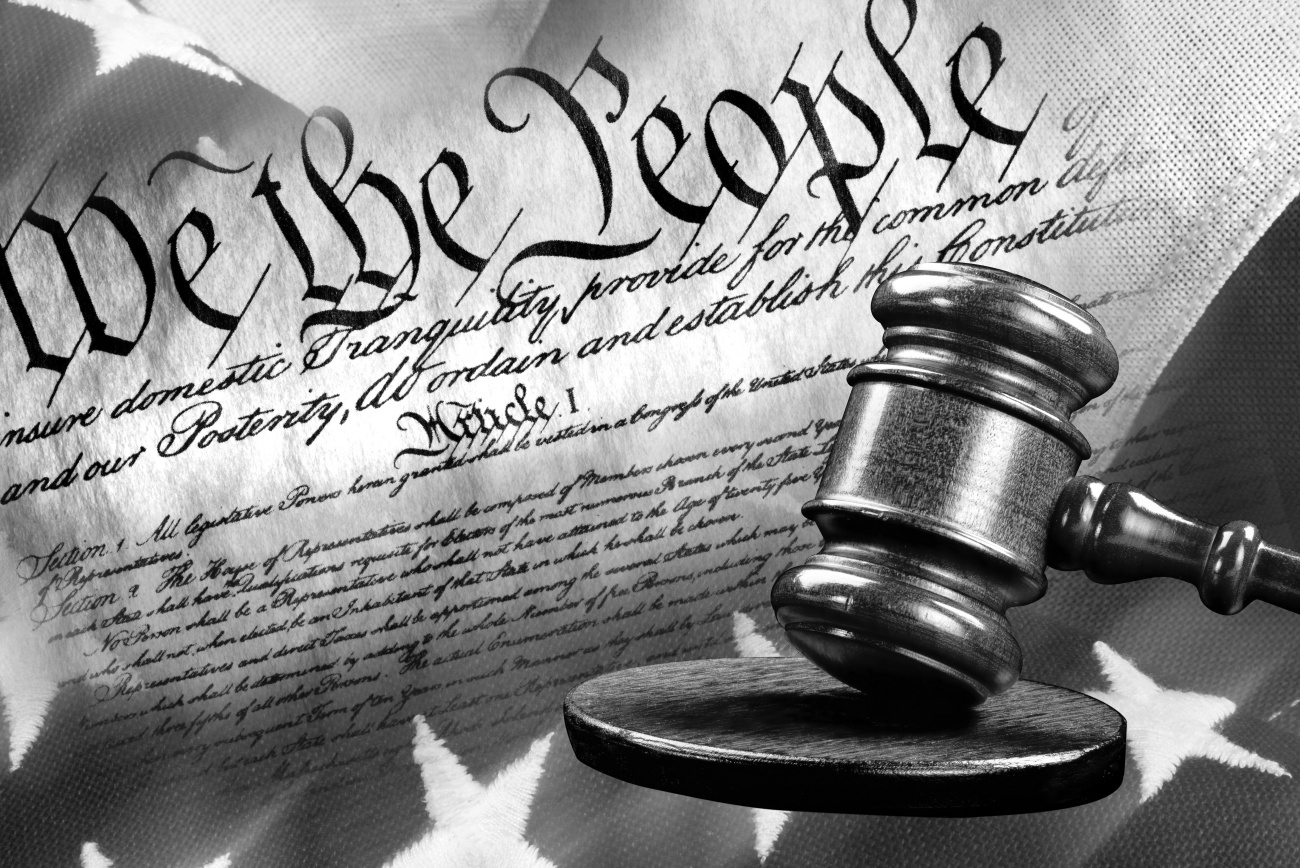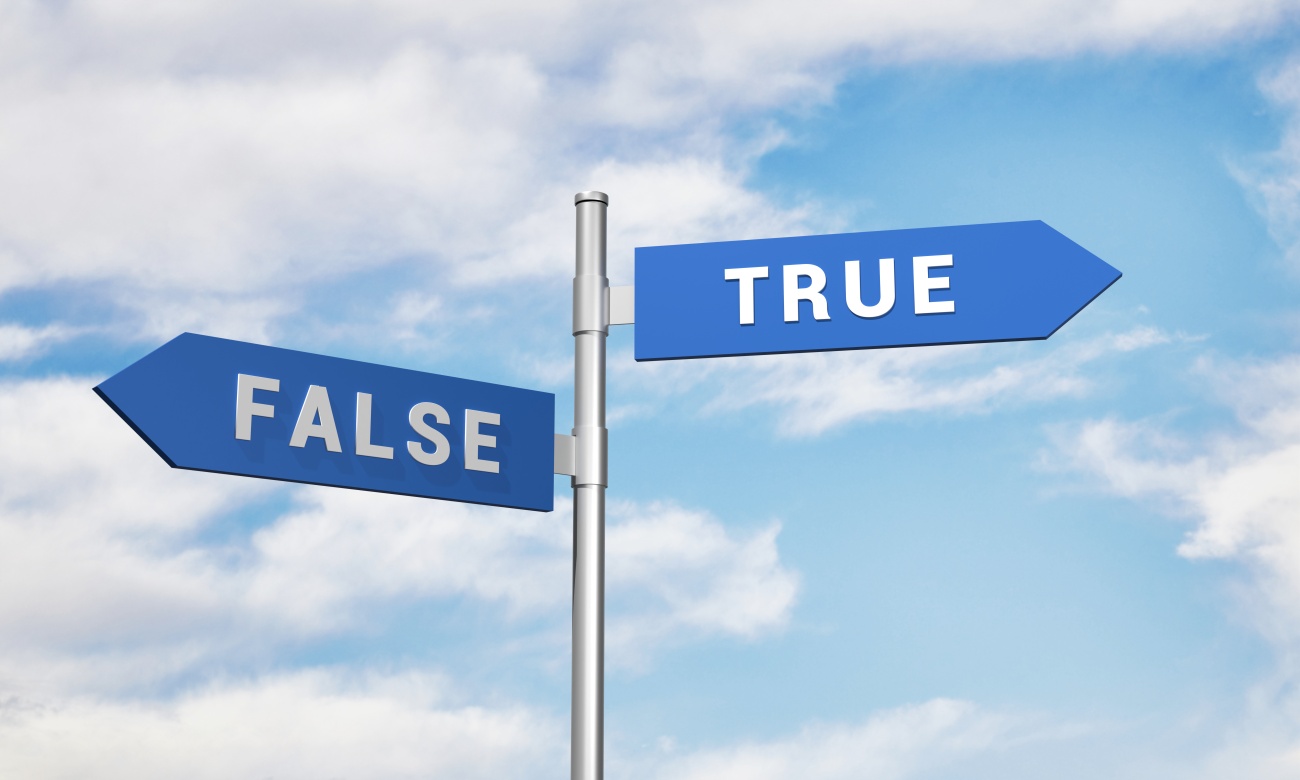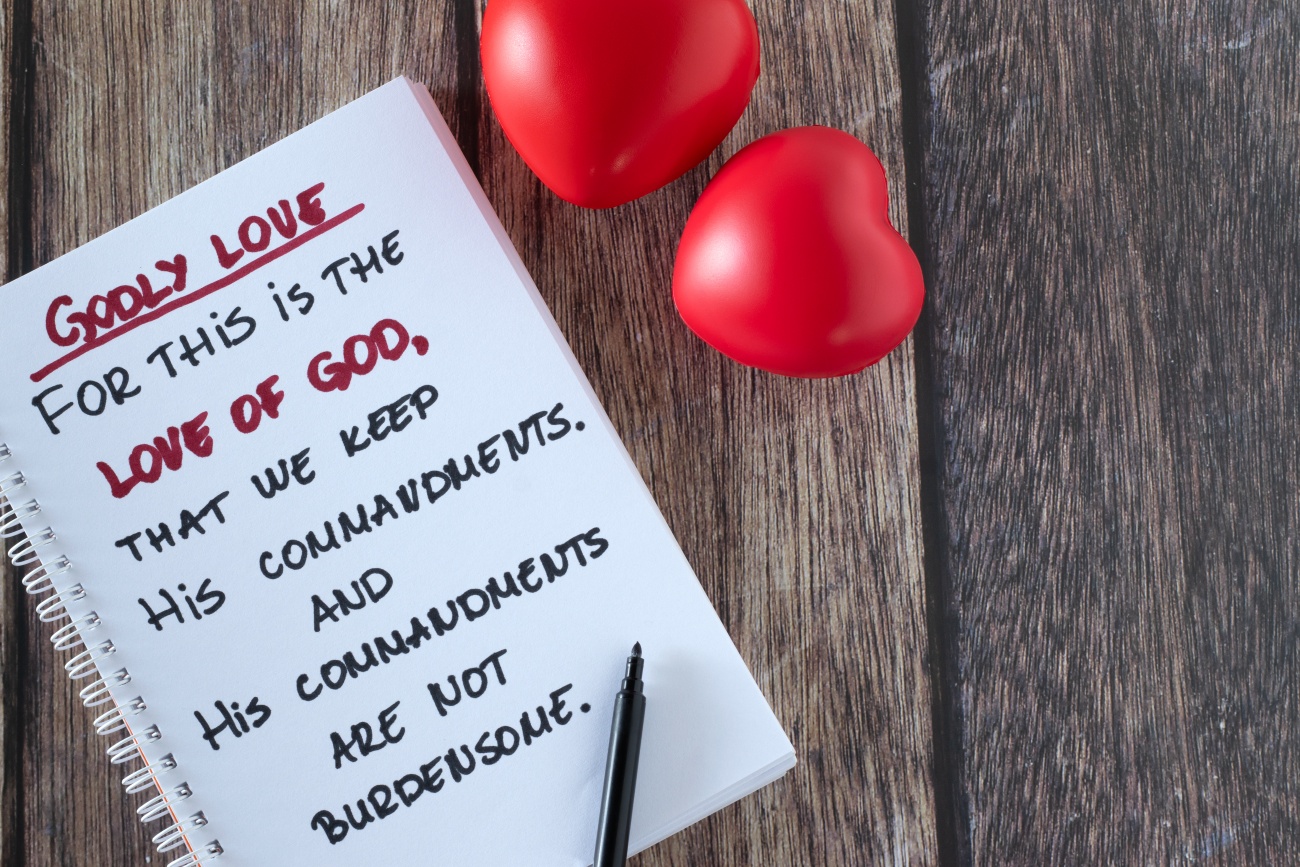Citizen of Heaven, Citizen of the World, Luke 17:26-37
Today we still rebel and become bad stewards of creation.
We human beings, possessed of eternal souls, are made for eternal life with God in heaven. As Paul tells us in his Letter to the Philippians, “Our citizenship is in heaven, and from it we also await our savior the Lord Jesus Christ” (Phil. 3: 20). He is our king, our shepherd, our one and only Lord. To him alone do we owe our total allegiance, and all that we are and possess. But because we are presently in the world, we are citizens of the world as well. But there is a great difference between these two that needs to be discerned, understood, and observed in the breach.

This was true in Noah’s day as well. And as the Scripture teaches us, the people of Noah’s time, and every other time in human history, fell and continue to fall victim to the same human dysfunctional behavior, that is, we sin. To this day, we, too, often refuse the great tasks that God gives us. The result of Noah’s time was the flood, but God also offered hope. Through Noah and his family, and all of the creatures he brought aboard the ark, God offered salvation. But salvation is never simply a matter of setting things right for human beings. It has implications across the whole of creation and history. Today we still rebel and become bad stewards of creation and we still dishonor ourselves and our God through our selfish desires and passions and we still find ourselves drawn into ego-driven violence toward others or ourselves, and we all too often choose to worship countless false gods. The original beauty and intent of creation are marred today by our falsehoods and the injustices made through our human choices.

As citizens of the world, we owe allegiance to the laws, Constitutions, and the political leadership of our day. But we must always keep in mind that they are not perfect, precisely because they are affected by the same reality of sin and our shared fallen nature. In his 1963 Letter from Birmingham Jail, Dr. Martin Luther King, Jr., borrowing from Thomas Aquinas, wrote, “One may well ask, ‘How can you advocate breaking some laws and obeying others’. The answer is found in the fact that there are two types of laws: There are just laws and unjust laws. I would be the first to advocate obeying just laws. One has not only a legal but a moral responsibility to obey just laws.” This, then, is a matter of the hard work of discernment, of moral character. It is not rooted in emotions, but in reason, balanced by the heart, in line with the law of God. Just laws are morally “good” if they are in line with divine law, and one, then, has a legal and moral duty to obey such a law. If, after discernment and prayerful consideration we come to understand that a law is unjust, we have no duty to honor them or to obey them. Rather, we have a moral duty to disobey such laws and to work to change them, because our first allegiance is to a much higher law, the Law of God.

Our duty as human beings to whom God has given intellect, will, mind, and heart, is to always seek to discern what really is true and false, what really is right and wrong, and what really is just or unjust. As Christians we have the scriptures to help us develop our intellects, our wills and our hearts in order to discern the will of God. With these we can come to know what is true, to do what is right and just, from the perspective of God, first and last. When we courageously choose to do God’s will, He gives us the graces we need to succeed and to endure whatever consequences may come our way for doing God’s will in this world. That is to say, our heavenly citizenship must always come before and above our citizenship in the world. We are in the world, but we are not to be of it. Indeed, we are to be the leaven in the world, to raise it up into the light of God.
As Christians we are to be citizens of heaven, and as such, we are commanded to love God with all our heart and with all our soul and with all our mind, and to love our neighbors as ourselves” (Mt. 22: 36-40). We are to, “Love one another as [Jesus] loved us (Jn. 13:34). We are called by our faithfulness to Jesus Christ to challenge what is false with the truth of the Gospels, to challenge what is wrong with our words and our deeds in imitation of Jesus, and to work to change that which is unjust for the sake of that ultimate love of God and neighbor. In other words, we must always endeavor to live in accord with our duty to God’s Law and our heavenly citizenship over and above that of our worldly citizenship whenever falsehood, wrong, or injustice exists, no matter the cost the world threatens to ourselves. The real truth is that it is God’s Law alone, not the laws of man, that has the power to save us.

Here is a powerful question we Christians should prayerfully ask ourselves, “What would the world be like if a critical mass of we Christians living in the world today were actively choosing daily, out of courageous faith and true love of Jesus Christ, to really live as citizens of heaven in the world, but not of it?
SKM: below-content placeholderWhizzco for FHB

